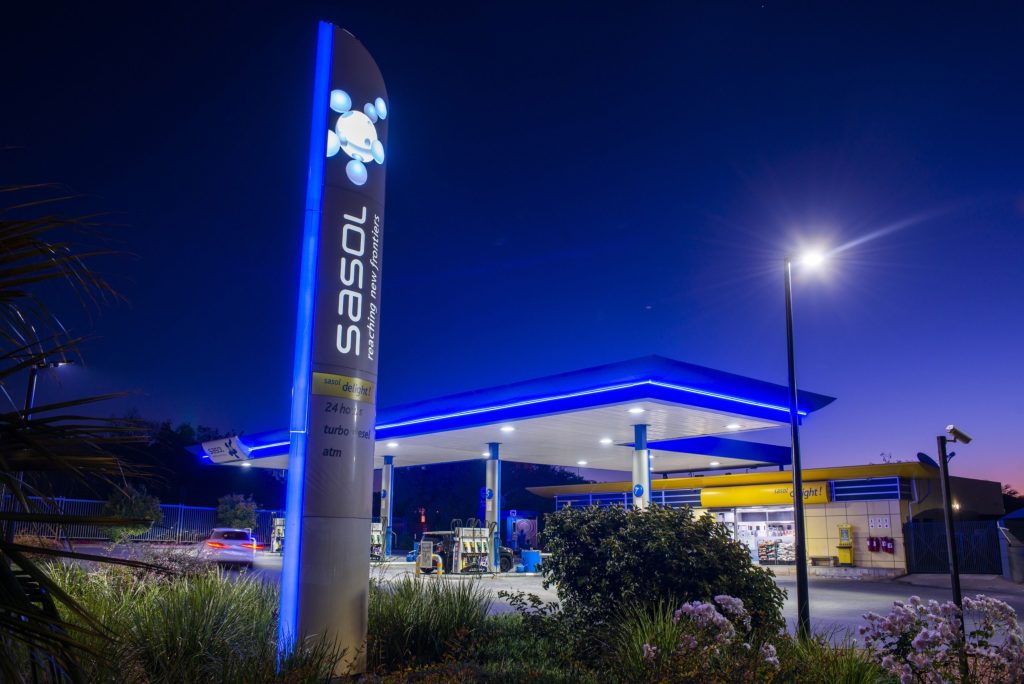The South African Property Owners Association (Sapoa) has brought an urgent application in the Western Cape Division of the High Court to have three tariffs implemented by the City of Cape Town on 1 July reviewed and set aside.
It has also gone one step further by publishing a legal notice to invite other parties and individuals to join the litigation as friends of the court.
ADVERTISEMENT
CONTINUE READING BELOW
Bas Zuidberg, interim chair of the Cape Town Collective Ratepayers Association, has welcomed the news. He says the organisation, which represents 59 different ratepayers’ organisations, will study the legal documents and hopes to join the court action.
Sapoa is challenging the city’s cleaning levy as well as fixed charges for water and sanitation.
All three these tariffs are linked to the value of the relevant property, which Sapoa contends is unlawful.
It asks the court to declare the tariffs invalid and suspend the order for two months to allow the city to rectify them. If the city can’t rectify the three tariffs in isolation and still raise the budgeted amounts, the court is asked to set aside the whole budget. This will also allow the city to adjust other tariffs so that the budget remains funded.
Read: City of Cape Town tariffs plan may be heading to court
Sapoa has asked for an early court date so there can be certainty for all involved before preparation for the city’s 2026/27 budget starts on 1 September this year.
Formidable members
The organisation represents commercial retail property owners such as Growthpoint, Redefine, Old Mutual Properties, Attacq, Vukile Property Fund, Hyprop Investments and Resilient Reit.
It says its members are the biggest ratepayers in Cape Town and, in fact, in the whole country.
They own properties in the city such as the V&A Waterfront, Canal Walk, Cape Gate, Table Bay Mall, Tyger Valley Shopping Centre and Cavendish Square, as well as portions of vacant land and residential developments.
However, most of its members are small businesses owning “a handful of properties”.
Sapoa says it is not bringing the application only on behalf of its members.
It is in the public interest since individual property owners will find it difficult to challenge the city with its vast resources in court.
It explains that some property owners affected by the three tariffs are vulnerable and will have to sell their properties if the tariffs prevail, as they are simply unaffordable for them.
Sapoa describes the opposition against the tariffs from a wide range of property owners and acknowledges that the city tried to mitigate the impact by lowering some charges.
Reduction or rebate insufficient
The organisation however states: “A reduction or rebate cannot cure a charge which was unlawfully imposed.”
Sapoa explains that landlords monitor the cost of accommodation in their buildings in relation to the turnover of their tenants. If it surpasses a certain threshold, the tenants experience hardship and landlords must assist them. If that is due to increased municipal costs, there is little they can do. The lease may become unaffordable, and tenants may choose not to renew it.
ADVERTISEMENT:
CONTINUE READING BELOW
The organisation shows that the increases in operating costs, including municipal charges, are outstripping those in basic rent and gross rental income.
Its Operating Costs Report showed that electricity costs constituted 29% of all operating costs by June last year, and municipal costs made up 60% of all operating costs.
Sapoa argues that legislation authorises municipalities to levy four kinds of charges:
- Property rates
- Surcharges on basic charges
- Consumption-based charges, and
- Municipal tax – if authorised by national legislation.
It points out that the three tariffs are not based on consumption. It is not a surcharge based on a basic charge nor a municipal tax.
Sapoa considers the tariffs a form of property rates as they are linked to property value, but points out that they do not comply with the Property Rates Act.
Read:
Rising rates rage: Cape Town homeowners push back
Cape Town considers ‘softening’ tariff increases for higher value properties
Important facts on Cape Town tariff increases
Cape Town caves: City to amend budget after rates uproar
It says the cleaning levy will be funding general cleaning on beaches, council property and recycling activity. This, it contends, must be funded through property rates.
Higher water charges
The organisation further points out that the fixed water charge was until now linked to the diameter of the connection while the fixed sanitation charge was linked to water usage. By changing this, the link to consumption is broken.
In fact, Sapoa argues that consumers who installed infrastructure on their properties to harvest alternative sources of water – thereby reducing consumption to avoid a repeat of the earlier Day Zero crisis – will now be punished for doing so.
This is because the new infrastructure will increase their property value and lead to higher water charges.
This, it says, is irrational.
Sapoa says it comments widely on property related issues and always tries to work with municipalities.
Several interactions with the City of Cape Town, however, did not address its members’ concern adequately.
In a final effort to avoid litigation Sapoa says it asked the city to provide it with a legal opinion supporting the linking of the tariffs with property value, but the city declined to do so.
Follow Moneyweb’s in-depth finance and business news on WhatsApp here.

 8 hours ago
1
8 hours ago
1





















 English (US) ·
English (US) ·